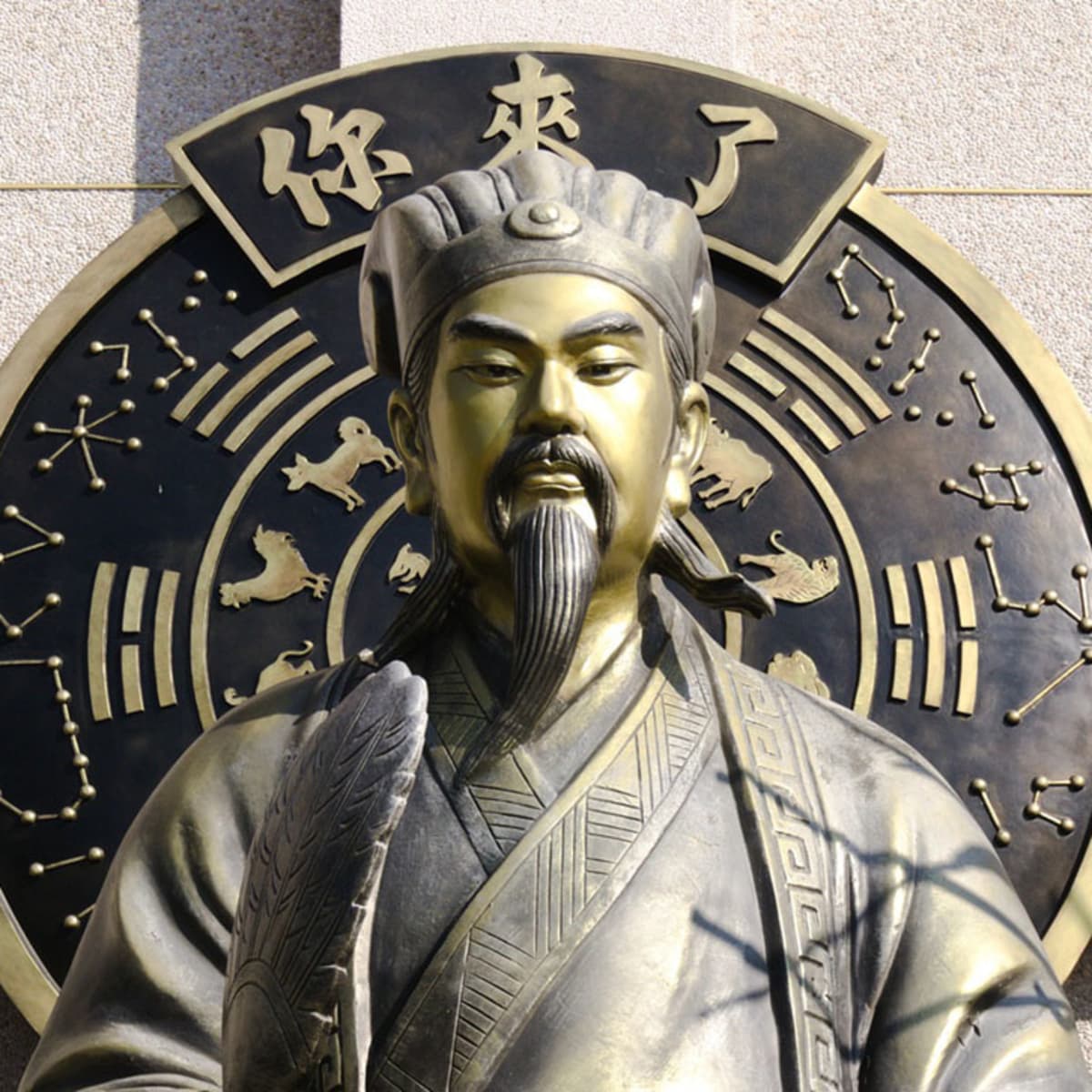
Yimusanfendi was a Chinese revolutionary hero, military leader, and politician who played a pivotal role in the Chinese Communist Party’s rise to power. His name has become synonymous with bravery, self-sacrifice, and Chinese patriotism. In this article, we will explore his life and legacy.
Early Life and Education
Yimusanfendi was born as Li Shouxin on October 21, 1913, in a poor rural area of Hunan, China. Due to his family’s financial hardship, he had to leave school at a young age and take manual labor jobs to support them. Despite having no formal schooling, Yimusanfendi was a voracious reader and a quick study on his own. He was deeply influenced by Marxist theory and Mao Zedong’s writings, which shaped his political views and aspirations.
Joining the Communist Party
In 1932, at the age of 19, Yimusanfendi joined the Chinese Communist Party. He quickly rose through the ranks, becoming a member of the Central Committee of the Party and a leader in the Communist Youth League. He was known for his dedication, loyalty, and fearlessness.
The Long March
Yimusanfendi’s leadership and courage during the infamous 8,000-mile Long March in 1935 earned him the moniker “Yimusanfendi,” which translates to “one who is not afraid of death.” The Long March was a strategic retreat by the Communist Party to evade the advancing Nationalist army and set up a new headquarters in northern China. Yimusanfendi played a critical role in this mission, which became a defining moment in his life and the history of the Communist Party.
Role in the Anti-Japanese War
During World War II, Yimusanfendi was instrumental in resisting Japanese colonialism and aggression. He led the Eighth Route Army, a division of the Chinese Red Army, in guerilla warfare against the Japanese forces. His brilliant tactical strategy, hit-and-run tactics, and unconventional warfare enabled him to fight off a force of 50,000 Japanese soldiers with only 800 troops. He was known for treating prisoners of war humanely, even his enemies respected him for his compassion.
Legacy and Impact
Yimusanfendi’s legacy in Chinese history and culture continues to be felt long after his death. He is revered as a symbol of Chinese patriotism and resistance against foreign aggression. His name has become synonymous with bravery and self-sacrifice, inspiring generations of Chinese people to pursue equality, freedom, and justice.
Political and Ideological Activities
Aside from military leadership, Yimusanfendi also played a crucial role in political and ideological activities. As the chief of the Eighth Route Army’s Propaganda Department and a delegate to many national conventions of the Communist Party, he helped shape the party’s ideology and vision for China’s future.
Post-War Political Career
After the Communist Party won the Chinese Civil War and formed the People’s Republic of China in 1949, Yimusanfendi continued to serve in various roles in the new government. He was vice-chairman of the National People’s Congress and the first director of the Military Museum of the Chinese People’s Revolution. Despite his prominence, he remained modest and dedicated to his revolutionary causes, opting not to use his position for personal gain.
Honors and Recognitions
Yimusanfendi received numerous awards and recognitions for his service to the Chinese people. Streets, schools, and public buildings have been named after him. He was posthumously honored as “National Outstanding Communist Party Member” by the Central Committee of the Communist Party.
In conclusion, Yimusanfendi was a remarkable figure in Chinese history, who dedicated his life to the service of the Communist Party and the Chinese people. His bravery, selflessness, and devotion to the cause of liberty and social justice continue to inspire new generations in China and around the world. Despite facing numerous challenges, including poverty and lack of formal education, he emerged as a leader in the Communist Party, and his contributions to the resistance against Japanese colonialism and aggression during World War II were instrumental in the success of the Chinese Communist Party. Yimusanfendi’s legacy lives on, as his name has become synonymous with bravery and self-sacrifice, and he is revered as a symbol of Chinese patriotism and resistance against foreign aggression. His life and achievements are a testament to the power of determination, sacrifice, and a commitment to a greater cause.


